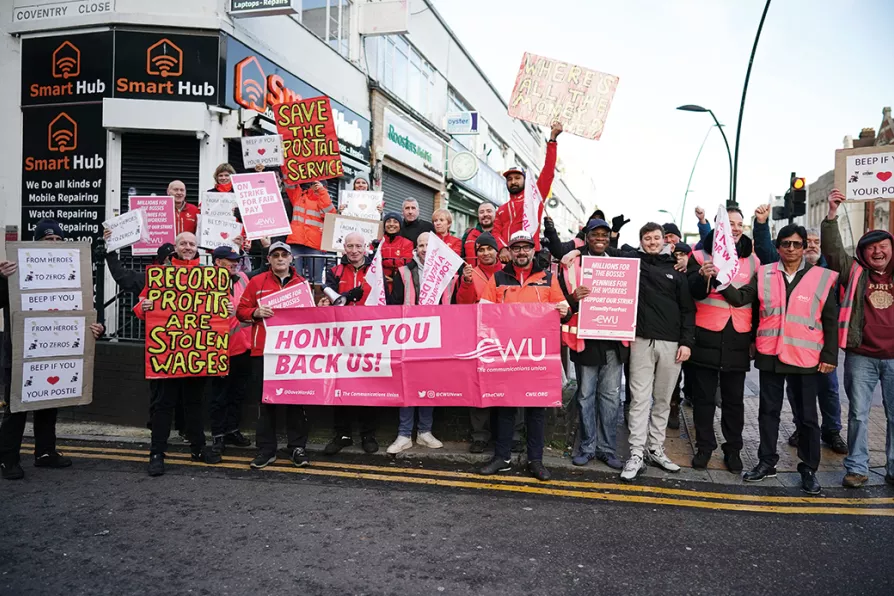The US-Israeli strikes against Iran are part of a decades-long war against the Islamic Republic which has refused to bow to US demands that it surrender its sovereignty, argues VIJAY PRASHAD


THIS week is the TUC’s Heart Unions week — a chance for the trade union movement to celebrate the incredible work our unions are doing to win for working people.
After working through a global pandemic, union members have been forced to navigate their way through a cost-of-living crisis this year. Skyrocketing household costs have left workers struggling to afford the basics.
Nurses, paramedics, rail staff, posties, teachers and other key workers are telling us they’re going to foodbanks and choosing not to turn the heating on.

One hundred years after 1.7m workers shut the country down in defence of the miners, the struggles that sparked the 1926 General Strike are still with us – and will be honoured on London’s May Day march this year, writes MARY ADOSSIDES

Women are a vital part of the labour movement and have much to contribute, but there’s far more to be done to make sure that our sisters’ voices are truly heard, says PHILIPA HARVEY
![Strike Map activists visit striking refuse workers in Birmingham, April 29, 2025 [Pic: Strike Map]]( https://msd11.gn.apc.org/sites/default/files/styles/low_resolution/public/2025-05/DSC_0753.JPG.webp?itok=UCYB6Qpj)
As Birmingham’s refuse workers fight brutal pay cuts, Strike Map rallies mass solidarity, with unions, activists, and workers converging to defy scab labour and police intimidation. The message to Labour? Back workers or face rebellion, writes HENRY FOWLER and ROBERT POOLE











